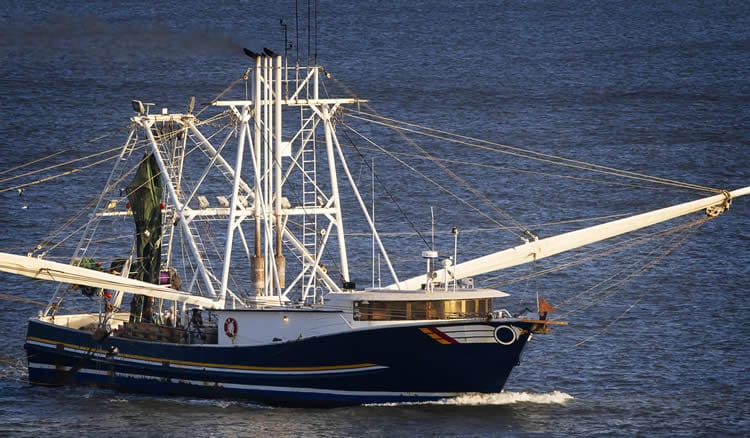The Role of Technology in the Seafood Industry: Innovations and Advancements
Technology has had a profound impact on the seafood industry, driving innovations and advancements in fishing gear, aquaculture, traceability, sustainability, and supply chains
The seafood industry has undergone significant transformations in recent years, driven in large part by technological innovations and advancements. From improved fishing gear and aquaculture practices to enhanced traceability and sustainability, technology has played a crucial role in shaping the industry’s future.
One of the most notable impacts of technology on the seafood industry is the improvement of fishing gear and aquaculture practices. For example, the development of more efficient and selective fishing gear has reduced bycatch and improved the overall sustainability of fishing operations. Similarly, advances in aquaculture have enabled the industry to produce more seafood with fewer resources, reducing the environmental impact of seafood production.
Another area where technology has had a significant impact is in traceability and sustainability. The use of blockchain technology, for instance, has enabled the industry to track seafood from catch to plate, providing consumers with greater transparency and assurance of the sustainability of their seafood. Additionally, the development of digital platforms and apps has made it easier for consumers to make informed choices about the seafood they purchase.
Furthermore, technology has also improved the efficiency and effectiveness of seafood supply chains. The use of data analytics and machine learning, for example, has enabled companies to optimize their logistics and distribution operations, reducing waste and improving the freshness of seafood.
Finally, technology has also played a crucial role in promoting sustainability in the seafood industry. The development of more efficient and sustainable fishing practices, for instance, has reduced the environmental impact of seafood production. Additionally, the use of technology has enabled companies to monitor and manage their sustainability performance more effectively, reducing their environmental footprint and improving their social responsibility.
In conclusion, technology has had a profound impact on the seafood industry, driving innovations and advancements in fishing gear, aquaculture, traceability, sustainability, and supply chains. As the industry continues to evolve, it is likely that technology will play an increasingly important role in shaping its future.













